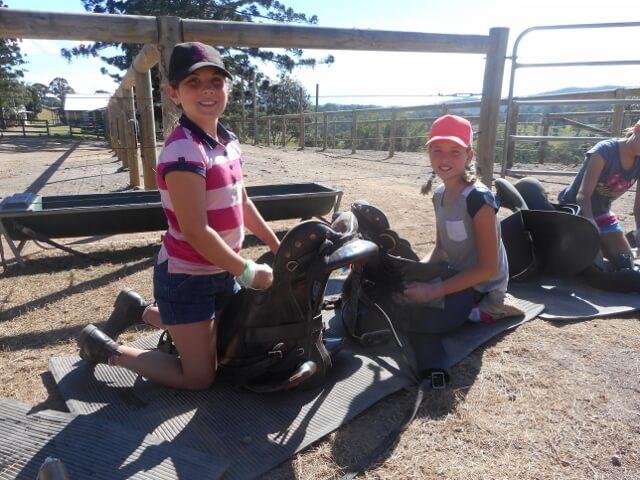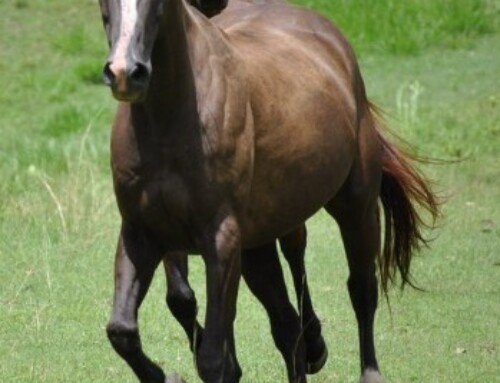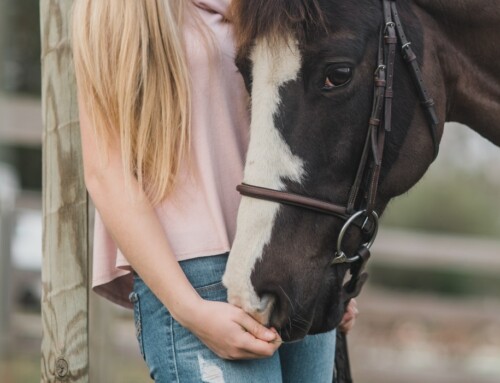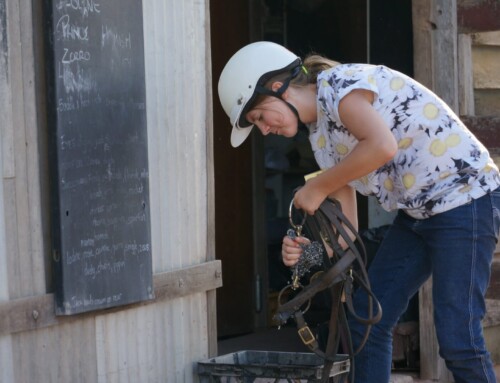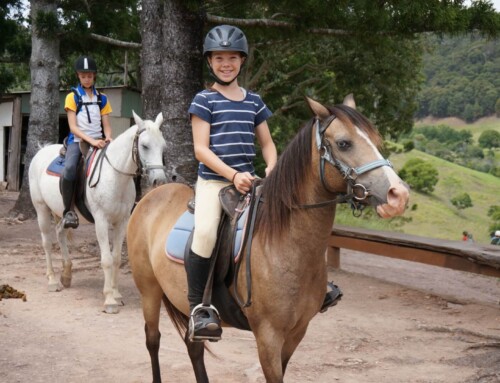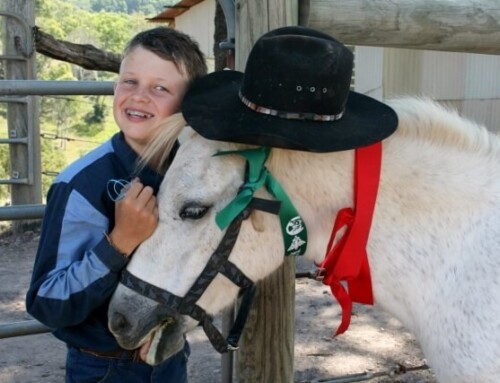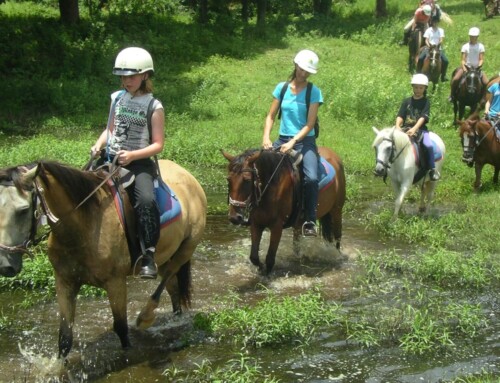Caring for a horse can help kids learn about their own health
In the animal kingdom, the horse is one of the most biologically and psychologically complex animals, with studies suggesting that they can even recognise human emotion. Looking after a horse properly requires a deep understanding of their health, fitness and social needs. When your child spends time with horses, it won’t all be fun and games. They will need to take on some of the responsibility of caring for these complex animals. That means starting a routine of proper feeding, exercise and grooming. If they can learn to do this right, then they’ll also be learning about how these same factors can apply to their own health.
The importance of regular exercise
Horses are incredibly active and must keep moving between 30km and 80km each day. This is why taking them out for a trek across the countryside is one of the best things for their health. It will keep their joints and muscles strong, while preventing the onset of equine illness. As your child observes a horse becoming fitter and maintaining a calm and happy temperament, they will realise how important this is for them too.
Moderate aerobic exercise of at least an hour a day is recommended for children over the age of six. In addition to this, children should spend three days a week engaged in exercises which build muscle or bone strength. This may seem like a lot, but once a child sees how fit and healthy an active horse looks, they will understand the importance of exercise.
Getting the best nutrition
Horses and humans require very different diets, but the one thing they share is a need for plenty of nutrients. A horse should spend much of its day grazing in the pasture, where they must consume up to 2% of their body weight in grass and hay. While grains can be added to a horse’s diet, sticking to the natural food that their digestive system evolved for is best for their health.
The same is true for your child. Like a horse, they haven’t evolved to be eating large quantities of sugar and saturated fat. They should stick to natural whole foods for slow release energy. The other key component to a horse’s diet is a regular routine. They thrive when eating at the same time each day. This kind of routine can also help a child to eat more healthily, sleep more easily at night and maintain energy levels throughout the day.
Fulfilling social and psychological needs
The final lesson we should learn from horses regards their mental health. They are social animals who need to interact with other horses to keep high levels of wellbeing. They can be easily scared, so they also need a safe and secure environment. If your child can create this atmosphere for a horse, then they have a greater chance of succeeding in their relationships.
Horses and humans may not be as different as they look. Both are social mammals, who require plenty of exercise, the right nutrition and psychological support. When your child spends time around horses, teach them to apply their knowledge of equestrian care to their own lives. This will keep them fit, healthy and happy.

